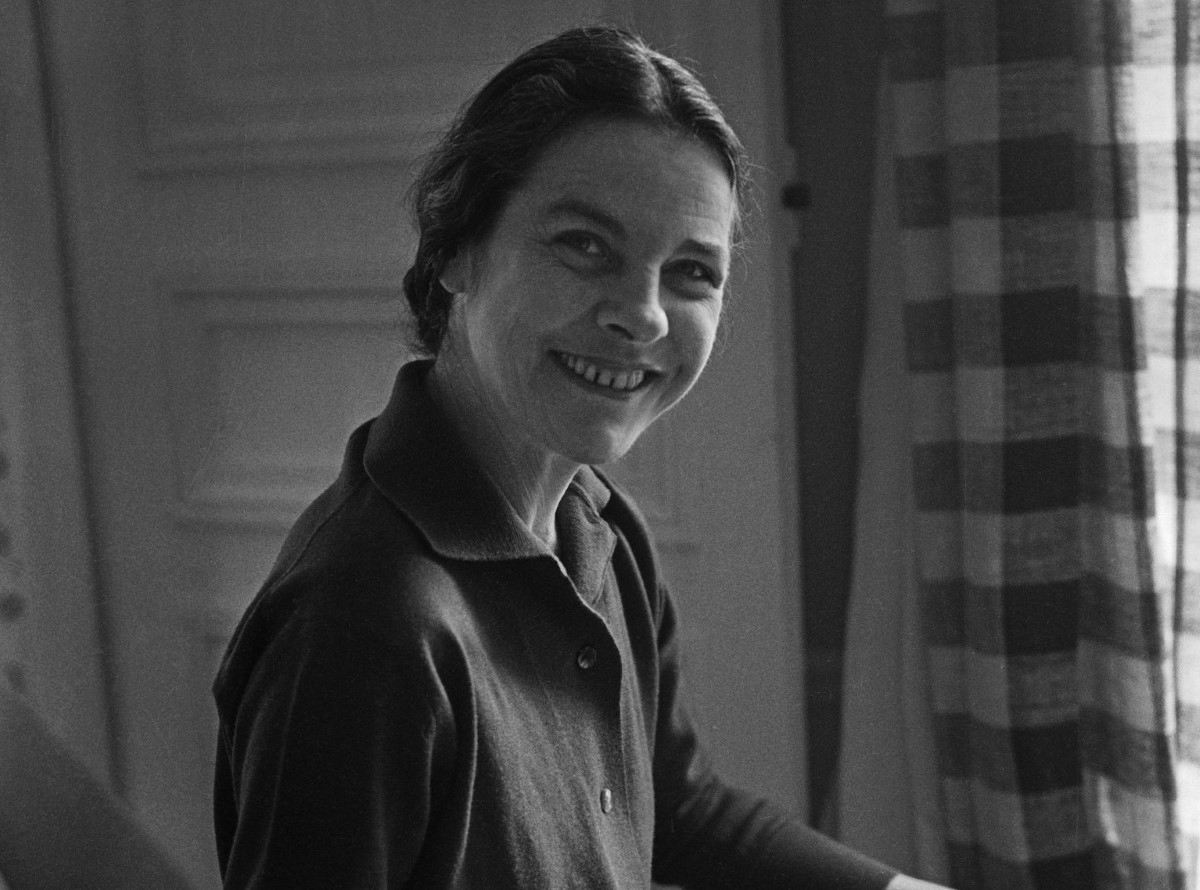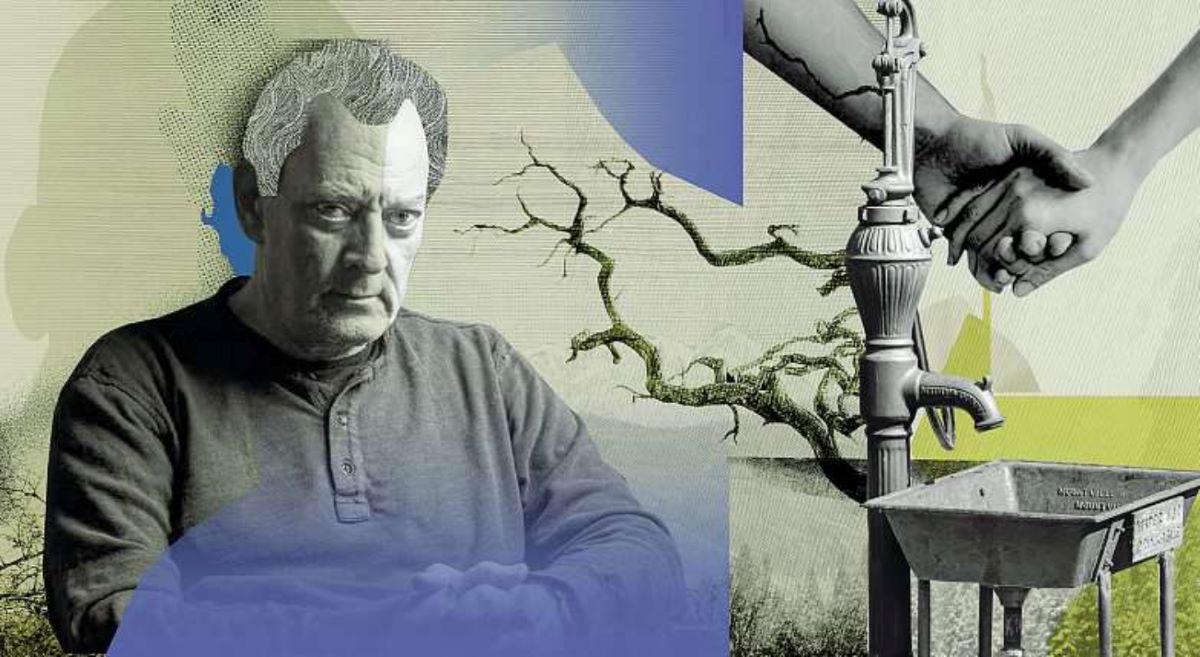Newport RFD 2
Rhode Island
4/26/51
Dear Hannah:
I’ve read your book [The Origins of Totalitarianism], absorbed, for the past two weeks, in the bathtub, riding in the car, waiting in line in the grocery store. It seems to me a truly extraordinary piece of work, an advance in human thought of, at the very least, a decade, and also engrossing and fascinating in the way that a novel is: i.e., that it says something on nearly every page that is novel, that one could not have anticipated from what went before but that one then recognizes as inevitable and foreshadowed by the underlying plot of ideas. I liked particularly the South African section—the highest point, to my mind, of the writing—the section on Disraeli, on the elite and vice and crime, on the modern nihilists, on the structure of the totalitarian movement, with the fellow-travelers representing “reality” to the members, the members to the cadres, and so on. My remarks on the style at lunch (which were largely second-hand) I utterly withdraw, there are a few barbarisms, such as the use of “ignore” to mean “be ignorant of” that are of no consequence but might be corrected in another edition. I would make one larger criticism: the implication you make, through the sheer exuberance of explaining its functioning, that totalitarianism is a scheme in the minds of certain displaced men to rob other men of their sense of reality seems to me to scant the element of the fortuitous in the development of this whole phenomenon, that is, the fact that certain features have been incorporated into these movements, without anyone’s cleverness, simply because they worked. In other words, you sometimes suggest that [there] are laws of political conduct, comparable to the laws governing aesthetic matters, that the Nazis and Stalin have special access to, that they have understood and interpreted the meaning of their epoch as a great maître would have done, i.e., that something existed prior to them, of which they are the Platonic shadows or eidolons. This may very well be true, it certainly is often the impression one gets, and yet it is not demonstrably true here, in the text, for at other times you appear to take an opposite view, that is, that man is not interpreter or artiste to a rational universe, but a creator without a model to draw from.
I don’t think I express this very well, and I haven’t the book to consult, having already lent it, but perhaps you will see what I mean. It is why the Concluding Remarks follow a little oddly on the text, and why, I think, you lean perhaps a little too heavily on paradox (a formalist truth) in the opening chapters where factual evidence is slight or balky. But all this is of very minor import and perhaps results from an amateur’s innocence (I mean mine, not yours). I thought David Riesman’s strictures and pious exceptions terribly stupid, it seemed to me that he understood the book and the marvel of its construction very little (“How did the treatment of the natives by the Boers influence Hitler?” or words to that effect).1 Other great admirers of the book are the Schlesingers [Arthur and Marian],2 who are very eager to meet you. Could you and Heinrich [Blücher, Arendt’s husband] come up to stay with us for the weekend after this one or any weekend in May? They would like to come down and have lunch and talk to you whenever you can come.
Bowden [Broadwater, McCarthy’s third husband] sends greetings to you both. And many thanks to you as an author. I must say, as a fellow one, I stand in awe, among other things, of your energy. What a tremendous job that must have been!
Yours,
Mary
P. S. Come on Friday, on the one o’clock train, departing at Providence, where we’ll meet you.
P. P. S. Where would you situate D. H. Lawrence? Much more to say on this point, on the anti-semitism [sic] of modern prophetic types, Lawrence, Pound, Dostoeivsky [sic]. Will save it for your visit.
NOTES
1. David Riesman’s “strictures” must have been delivered in conversation or in a panel discussion, for there is no record of his having reviewed Arendt’s book
2. Arthur Schlesinger, Jr., then teaching at Harvard, had recently published The Vital Center. whose appearance had elicited a congratulatory note from McCarthy not unlike Arendt’s overture to McCarthy after The Oasis.
SOURCE: Between Friends: The Correspondence of Hannah Arendt and Mary McCarthy, 1949-75; Martin Secker & Warburg Ltd, 1996





